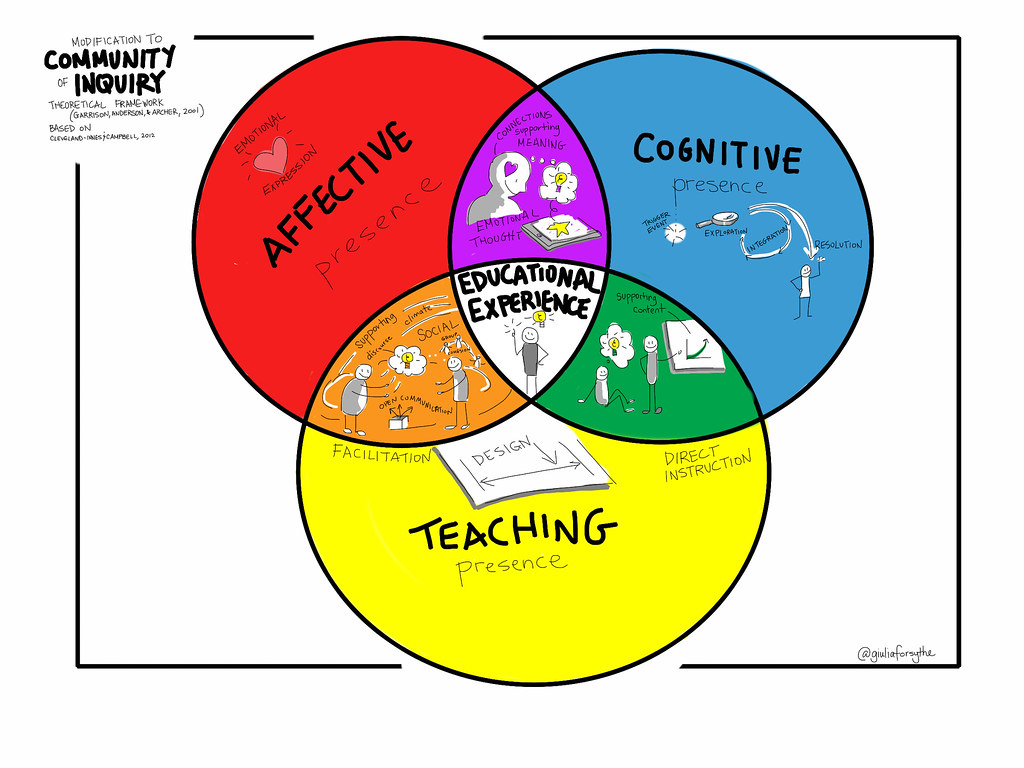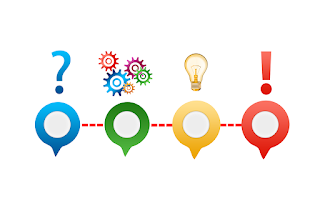What attitudes and beliefs are needed for effective teaching as inquiry
-Curiosity
-Clarity
-Working with others, collaboration and different view points.
-Resilience
-Honesty
-Open to criticism
-Noticing
-High expectations
-Formative assessment
-Take risks (open to failing)
- Self belief, If I learnt something last year that made great change in my students learning it should be a starting point for the next year.
-Regarding the kids as co-researchers
Collect valid and reliable information
Analyse data to identify patterns and issue, (Aitken, 2007)"
We need to be aware the there are no absolute truth in education, hypotheses may fail, accepting that you are not always right and our beliefs and ideas can fail.
Big problems can not be change in by one teacher, in one classroom, in one school. We have to do it together!
Resilience is about pushing through the barrier. Sometime it will feel hard, student will not always be ready for your high expectation but if we keep them up they will raise.
We must make sure that our ideas about what students do are based on facts and data and are not just assumptions.
Students have a huge voice. They can tell you a lot about their learning and what you have done and how that has impacted on them.
We must not forget to be knowledge building so that we really understand the issues and their complexity.











